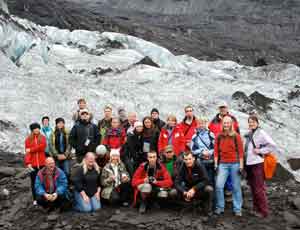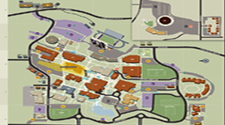Three Steps to get into Graduate School
 There are some important things you need to know if you are interested in attending graduate school. First and foremost, please share your thoughts and plans with your faculty advisor so that we can offer you importance information and advice.
There are some important things you need to know if you are interested in attending graduate school. First and foremost, please share your thoughts and plans with your faculty advisor so that we can offer you importance information and advice.
Earth and Environmental Sciences Alumna, Amanda Gentry (class of 2012), recently presented "Three Steps to get into Graduate School." Below is the outline she handed out to students. She has also graciously made herself available to answer any questions that our Earth and Environmental Sciences majors may have. You can email her here.
Step 1: Planning and prep
Planning:• Narrow down your interests
• Go to Seminar
• Take short courses
• Explore your current interests
Prep:
• Study for and take the GRE
• Start saving money for applications, each one can cost $200 and the GRE is $195
Step 2: Find a Professor
Narrow your choices:• Schools you want to attend
• Authors on papers
• Ask a professor for advice
• Try to find 10 people you’re interested in working with
Make contact, send an email stating:
• Your name, school, and degree
• What position you’re looking for
• Why you’re interested in their research
• Attach your CV
• Keep the email short!
It may take a good month for them to respond.
Step 3: Apply (by September of senior year)
Your application should contain the following:• CV and personal statement
• Page or two essays about:
o Why you want to work in that field
o What you want to do with your degree
o What professor you want to work for and why
o Why that school
Finish Line Advice
YOU need to make sure everything arrives at the intended destinations.
• Transcripts
• GRE Scores
• Letters of Recommendation
Help your professors remember to get their letters of recommendation out:
• Confirm which schools
• What date you sent them your emailed request, so they can easily find it
Applications are usually due in early December
When will I hear back?
You will usually hear back from mid-January to mid-February, in one of the following ways:
• Phone interview
• Possible acceptance and invite to student visit weekend
• Keep in mind, acceptance does not mean funding
A student visit will include:
• Interview with professors, your chance to see if it’s a good fit
• Meet research group
• May be multiple students interviewing for position
• Offers will go out a week later (early March)
Exceptions:
• Some schools apps are not due until Feb<
• Not all schools do a visit weekend
• Deadline to accept offers: April 15th
• May get an offer after this date
• Many schools never send rejection letters
Types of Offers
Fellowship:
• Prestigious
• Usually highest stipend offer
• No work requirements
RA: Research Assistant
• Funded by advisor
• 20 hrs/week of research work of advisors choosing
• Can overlap with your own work
TA: Teaching Assistant
• Most common offer
• 20 hrs/week of teaching labs and grading
Stipend
• Offer is usually for fall and spring semester only
• Stipend varies greatly based on local cost of living
• Summer funding is separate and necessary
• TA or RA
• Job
Mailing address
Weber State University
College of Science
1415 Edvalson St., Dept. 2507
Ogden, UT 84408-2507

